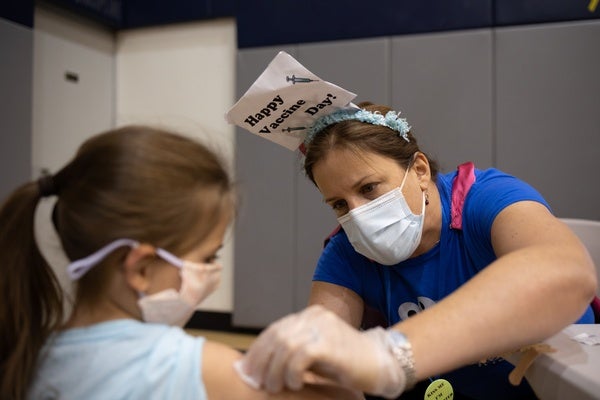 |
| December 02, 2021 |
 |
| |
| |
| |
| |
| |
| |
| Public Health COVID's Cardiac Connection Coronavirus infections might cause lasting harm to the heart even in those who have never had symptoms | | | | |
| |
| Pharmaceuticals How the New Antiviral Pills Help Thwart COVID A drug made by Merck and Ridgeback Biotherapeutics—which an FDA panel recently greenlit—and one made by Pfizer work in different ways, but both prevent the virus from replicating | | | | |
| |
| |
| |
| |
FROM THE STORE
 | | | |
| |
FROM THE ARCHIVE
 | | | |
| |
LATEST ISSUES
 |
| |
| Questions? Comments?  | |
| Download the Scientific American App |
| |
| |




